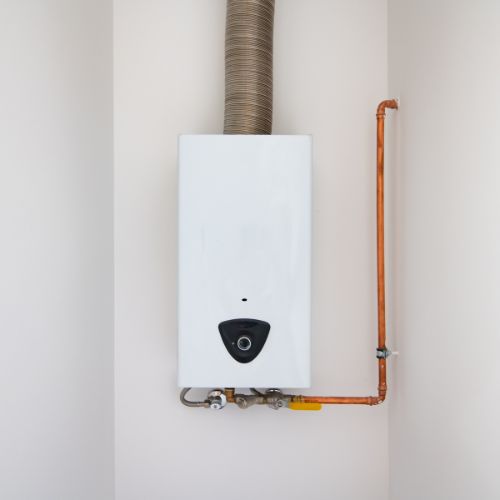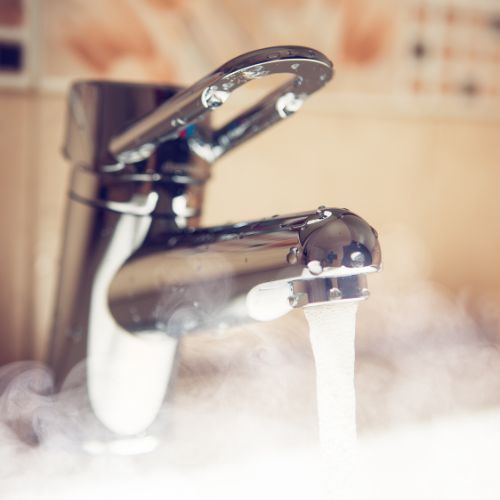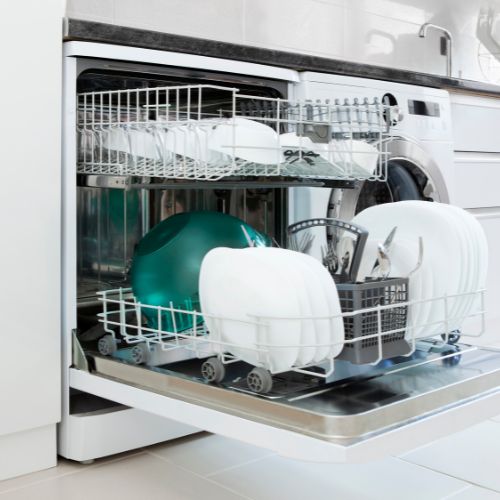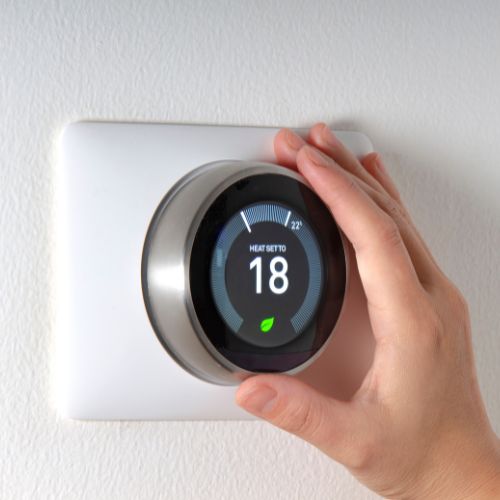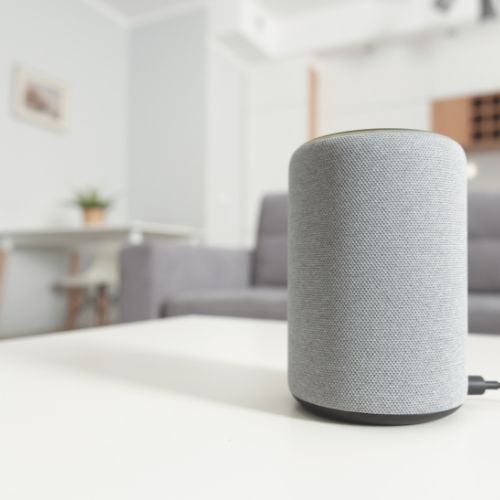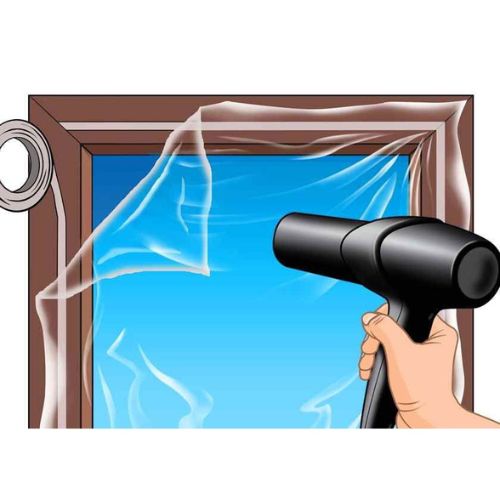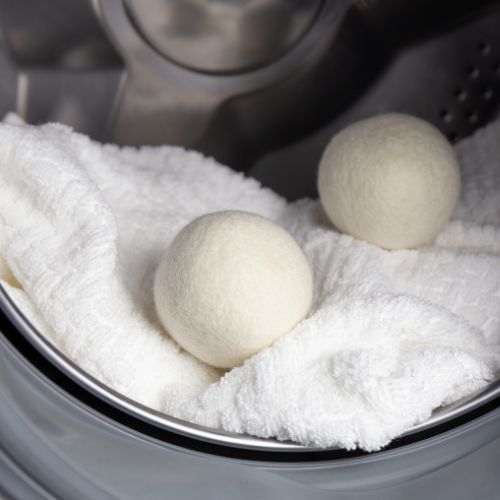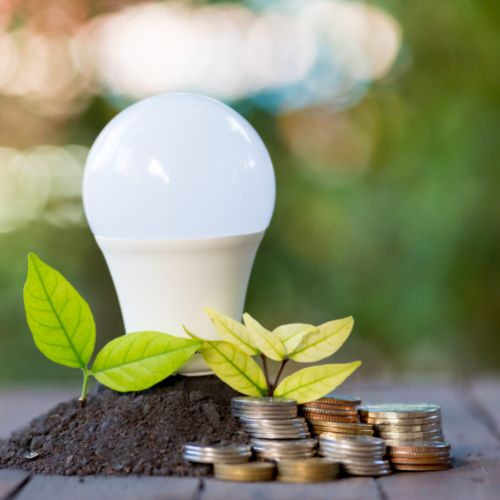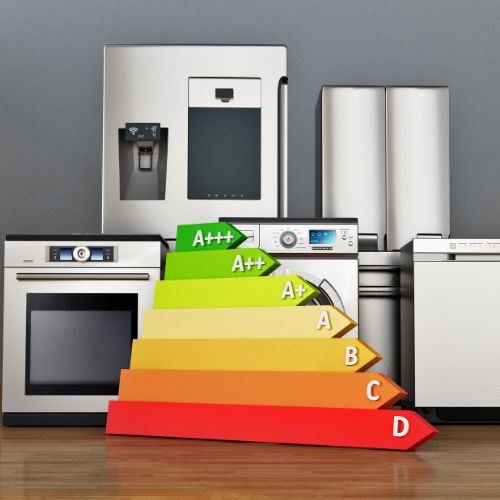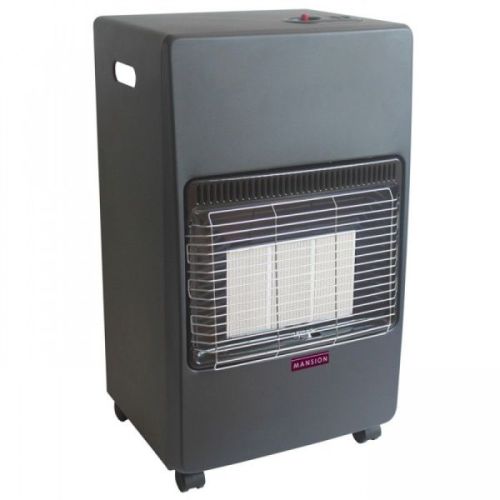10 energy-saving tips for your home
Being energy efficient benefits the environment and helps you to save money. Considering this, here is a list of 10 simple strategies to use less electricity, save money on your bills, and help the environment.
1. Ensure that the insulation on your water cylinder is adequate.
In most households, heating water consumes the most energy and, in certain situations, might make up half of your annual electricity bills. By properly insulating your water tank, you can cut your water heating costs by up to 30%. A decent, cylinder tank jacket will quickly pay for itself and will help you to save money.
2. Use less hot water whenever you can.
Avoid leaving the hot tap running for too long whether washing your hands, brushing your teeth, or rinsing the dishes because you are essentially pouring money down the drain. Of course, a shower will often consume less hot water than a bath, especially if you choose an Echo shower head. Save your tub time for when you are really in need of a relaxing, restful bath!
3. The benefits of having a dishwasher
Unbelievably, your dishwasher is more effective than you are. In fact, running a full dishwasher consumes less than half the energy and water of hand-washing dishes. Just be careful to turn it on only when you have a considerable load to do.
Also, your washing machine or dishwasher needs up to 80% of its energy to heat the water, not to run the appliance. Therefore, Eco washes frequently take considerably longer than conventional washes; in order to save you money, they boil the water more slowly. Therefore, whenever possible, wash your clothes at 30 degrees and your dishes at 50 degrees. The ultimate product will be nearly the same, and your wallet will thank you for it!
4. Lower the thermostat.
In Ireland, most residences have their thermostats set too high, at 22 or 23 degrees. 20 degrees should be sufficient. You can cut your heating expenses by up to 10% for each degree you turn the dial down.
5. Smart Devices
Your smartphone or another internet-connected device can be used to remotely manage the heating and lighting in your house thanks to smart gadgets.
This gives you greater convenience and energy bill savings because you have more control over your heating and lighting.
For instance, you can easily configure your heating to turn on later for you if you are stuck in traffic after work and will be an hour late arriving home, saving you money from heating an empty house.
6. Draughts Excluders
Keeping doors closed is crucial for retaining heat and reducing your heating costs, especially between heated and unheated areas. Look into buying a cheap door draught for the main rooms if you want to address draughts coming from windows, keyholes, and doors. You should also consider purchasing a chimney balloon if you no longer use your old fireplace.
For windows that open, buy draught-proofing strips to stick around the window frame and seal the space between the window and the frame.
7. Use the tumble dryer with caution
When it is mild and dry outside—which is not often in Ireland, dry your clothes on a clothesline instead of using a tumble dryer. To cut down on drying time by up to 25%, split your laundry into lighter and heavier loads while using the dryer. You might also want to buy some dryer balls to add to each load. Do not try to dry your garments in one load by overloading the dryer. It is a waste of money. One big load will typically take longer to dry than two medium-sized ones.
8. Buy energy-efficient light bulbs (LED)
We are aware that they will save us money, but most of us are unsure of the extent of their effects. When compared to a normal bulb, an LED lightbulb uses about 80–90% less electricity and can last up to ten times longer. You can save about €6 a year on power by replacing just one bulb. Consequently, depending on how many lights you have in your home, replacing all lightbulbs might potentially save you up to €60 annually.
9. Energy-efficient Appliance
It is a clever idea to look into energy ratings if it's time to replace the fridge, the washing machine, the dryer, or the vacuum. The rating will help you choose the most efficient model even if modern appliances are far more efficient than older ones.
The ratings now run from A to G, with A being the most effective. The actual amount of electricity utilized per cycle or hour, however, is the most important piece of knowledge.
For instance, some innovative washing machines and dishwashers can complete a full load using about one unit of electricity (or around 35 - 40 cent).
10. The effectiveness of gas heaters
Gas heaters are more economical. Typically, it will be less expensive to operate a gas heater indoors than an electric one. It will quickly heat your home and consume a lot less energy than an electric heater because it produces more heat output. Appliances that burn gas have a track record of lowering greenhouse gas emissions. Also, you can count on gas as a reliable heat source when using it as an indoor heater. You won't be at the mercy of power spikes or outages if you use gas heating, and your heater will keep efficiently heating your home.
Finally, modern homes frequently have open concept living areas, which are more suited for gas heating. The warmth that a gas heater can provide is well suited to the way modern families live in their houses.




